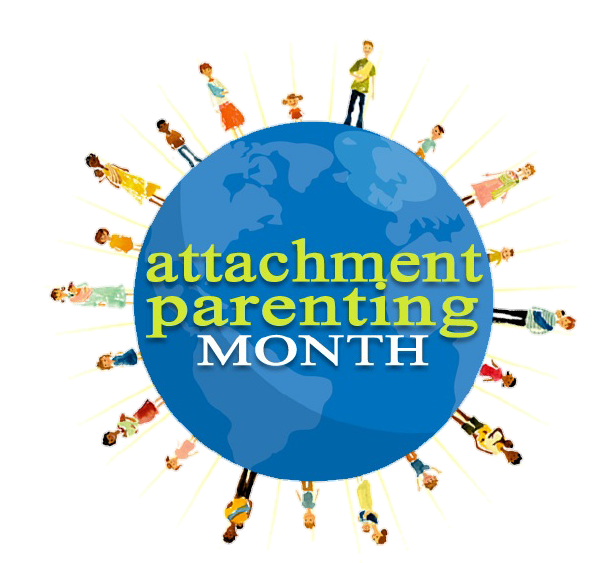Exclusive to AP Month 2020 “Parenting with PEACE -” with our focus on positive childhood experiences – API is pleased to welcome this special guest post from Christina Bethell: PhD, MBA, MPH Professor, Johns Hopkins University.
 Being a consistently kind and positive parent can be challenging, especially when children are also struggling or stressed. Even before the COVID-19 pandemic, national data showed that over 1 in 3 children had moms who were not coping very well.1 And over 2 in 5 had parents who struggled to stay hopeful or find strengths to draw on when things were hard. These parents were three times more likely to report routinely feeling angry and aggravated with their child.1
Being a consistently kind and positive parent can be challenging, especially when children are also struggling or stressed. Even before the COVID-19 pandemic, national data showed that over 1 in 3 children had moms who were not coping very well.1 And over 2 in 5 had parents who struggled to stay hopeful or find strengths to draw on when things were hard. These parents were three times more likely to report routinely feeling angry and aggravated with their child.1
Our best research calls for doing all we can to foster positive parent-child experiences.
About 1 in 4 US children have mothers who do not experience excellent or very good mental health and are less likely to cope, remain resilient and connect positively with their child. This is especially true for the more than 4 in 10 US children with parents who face economic, safety or household problems like someone who drinks too much, has untreated mental illness or is emotionally or physically abusive.1 Perhaps a silver lining of the COVID-19 pandemic is the light it shines on the need and possibilities to support moms and families by encouraging them (and their children) to reach out for help: to reduce longstanding sources of stress, build resilience, hope and strengths, and prioritize positive emotional connections with their children – especially during difficult times.
We can help moms recognize and heal from their own pain and build resilience, while also helping their children flourish.
Research points to transformational opportunities to promote both parent and child well-being by helping them build skills to recognize their stress; allow the feelings to move (and pass); identify core needs for compassion, care and support; and nurture themselves and reach out when they struggle. Taught by Tara Brach, the RAIN model (Recognize, Allow, Investigate, Nurture) works.2 As do similar approaches.2 RAIN paves the way for mothers and children to withstand challenges and stay emotionally connected during difficult times. It also supports clinicians to cope and learn from challenges, which, in turn, helps their clients.2
 Our best research calls for doing all we can to foster positive parent-child experiences: like talking together about things that really matter, looking for strengths and reasons to hope, and reaching out for support during hard times.3,4 The benefits are long lasting for us all. Our recent research shows that fostering the most important positive childhood experience of all- safe and nurturing connection with parents-markedly reduces the risk of having depression or poor mental health as an adult. This increases the chances of having the social and emotional support they need later in life, when they might be parents too.3,4
Our best research calls for doing all we can to foster positive parent-child experiences: like talking together about things that really matter, looking for strengths and reasons to hope, and reaching out for support during hard times.3,4 The benefits are long lasting for us all. Our recent research shows that fostering the most important positive childhood experience of all- safe and nurturing connection with parents-markedly reduces the risk of having depression or poor mental health as an adult. This increases the chances of having the social and emotional support they need later in life, when they might be parents too.3,4
When it pours down for moms, help them RAIN!2 In doing so we can help moms recognize and heal from their own pain and build resilience, while also helping their children flourish4 and become healthy adults,3 despite the challenges of life.
- Child and Adolescent Health Measurement Initiative, National Data Resource Center for Child and Adolescent Health, Johns Hopkins University. 2017-2018 National Survey of Children’s Health (NSCH) national data findings accessed 10.20.20 at www.childhealthdata.org. Additional NSCH analyses conducted for this article by C. Bethell, 10.20.20.
- Hedderman E, O’Doherty V, O’Connor S. Mindfulness moments for clinicians in the midst of a pandemic [published online ahead of print, 2020 May 21]. Ir J Psychol Med. 2020;1-4. doi:10.1017/ipm.2020.59
- Bethell CD, Jones J, Gombojav N, Linkenbach J, Sege R. Positive and Adverse Childhood Experiences: Interactions and Effects on Adult Health Outcomes. JAMA Peds 9.09.19
- Bethell CD, Gombojav N, Whitaker RC. (2019). Family Resilience And Connection Promote Flourishing Among US Children, Even Amid Adversity. Health Affairs. 38(5). May 2020
